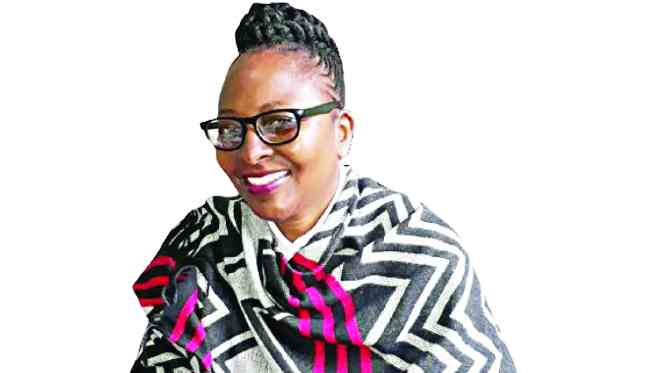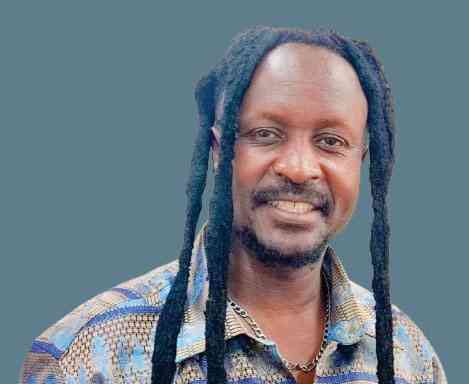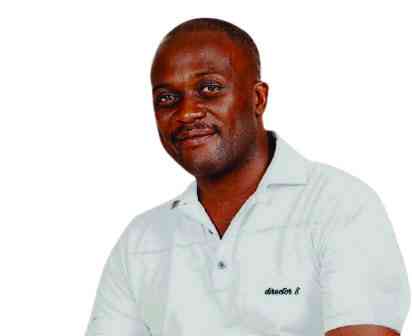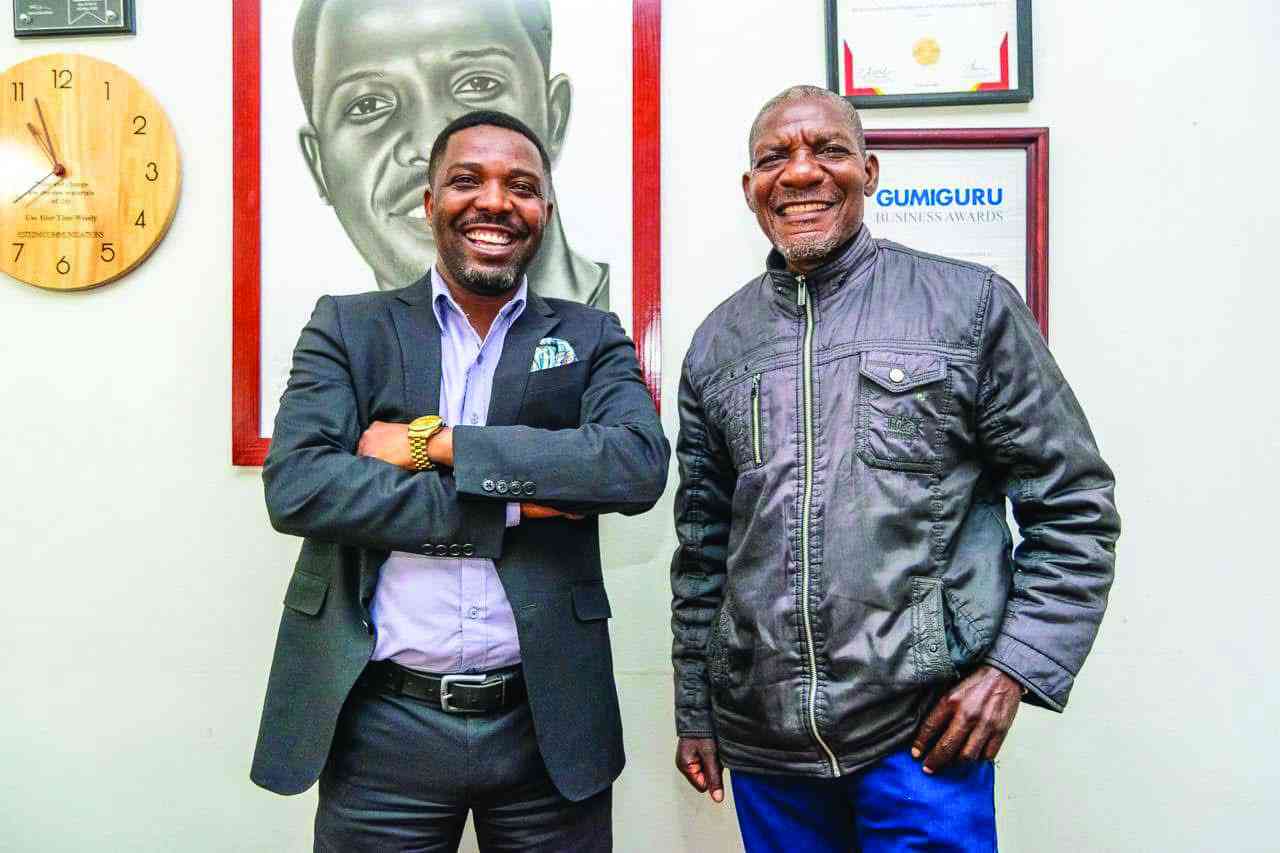
Bulawayo Arts Festival (BAF), which began yesterday, will have its official opening ceremony today at Stanley Hall.
This year's edition will run from June 2 to June 7, with various programmes taking place throughout the city.
This year's programme kicked off with a Street Parade, celebrations of World Bicycle Day, and the KoNtuthu Legends Concert held on June 1 from the City Hall Car Park.
Other festival activities include a gospel concert, various workshops such as the dance workshops and the Inxwala Lecture series, and the I Wear My Culture exhibition.
Schoolchildren will also participate through the schools cultural showcase scheduled for June 4 and the Spelling Bee competitions organised by the Bulawayo Junior City Council on June 3.
The festival will close with the Imbokodo concert, an all-female artists' concert, on June 7.
Council's senior public relations officer, Nesisa Mpofu, confirmed the developments to Standard Style.
"The City of Bulawayo celebrated its 130th anniversary on June 1. The declaration as a town and the celebrations provide an opportunity to invite the people of Bulawayo to celebrate the distinct and proud heritage, rich diversity, and artistic potential that the city is endowed with," Mpofu said.
- Byo Arts Festival in turmoil…One year later, festival has yet to pay artists…Organisers play cat and mouse with artists
- In Full: Eighth cabinet post briefing: 13 March 2022
- Byo Arts Festival in turmoil…One year later, festival has yet to pay artists…Organisers play cat and mouse with artists
- 8 months later, Byo Arts Festival yet to pay artists
Keep Reading
"The festivities kicked off with Bulawayo Day celebrations on June 1. The Bulawayo Arts Festival will run from June 2 to 5, marked by city-wide celebrations in the form of music, theatre, dance, food and craft fairs, cultural tourism, and sporting activities to showcase the cultural and creative prowess of the City of Bulawayo."
Mpofu added that Bulawayo is a vibrant and creative city where cultural rights in their diverse manifestations occupy a place of pride.
"Arts, culture, and heritage activities occupy a creative, historical, resilient, economic, inclusive, and innovative space. The city has developed to leverage the arts and cultural sector as an industry, a driver of National Development Strategy 1 (NDS1); Education 5.0) and international agendas (UN, SDGs)," she said.
"The festival provides a number of benefits, including showcasing the city's rich cultural heritage and diversity, thereby marketing it as a tourist destination and cultural hub of the country. It also taps into the potential of the festival, especially the culture, arts, and heritage sector, deriving economic benefits for the city and capacitating the creative and tourism sectors.
"The festival instills self-pride and a sense of belonging."
Mpofu said the festival provides a platform for social and cultural expression, integration, and cohesion through the diversity of tribes, languages, values, customs, norms, and culture for the people of Zimbabwe.
"It promotes the value of culture, inculcates a sense of identity, and promotes cultural identity and diversity. It also promotes the cultural economy and cultural tourism through activities such as heritage trails, food and craft fairs, and supports the Heritage-based curriculum in schools and Education 5.0, creative industries incubation, support, and promotion," she said.
"The festival creates livelihood opportunities in the creative, cultural, and arts sectors and the associated value chains. It supports local economic development, such as the Bulawayo Home Industries basketry project, and capacitates artists and skills development at recreation centers as nurtured skills and talents find an outlet to market themselves during the festival.
"Marketing the city's potential as an Arts and Culture Capital, preserving the rich cultural heritage for posterity, and contributing to the attainment of sustainable development goals are also key benefits," she said.
"Culture has a crucial role to play in SDG 11: Make cities and human settlements inclusive, safe, resilient, and sustainable. Target 11.4 calls for strengthening efforts to protect and safeguard the world's cultural and natural heritage."
In addition, she said: "As we hold the festival, the City of Bulawayo is also actively participating in national and international agendas that promote and develop arts and culture. This participation is largely attributed to its cultural vibrancy and established arts and culture heritage desk. An activity such as BAF draws national and international attention that supports these agendas."










